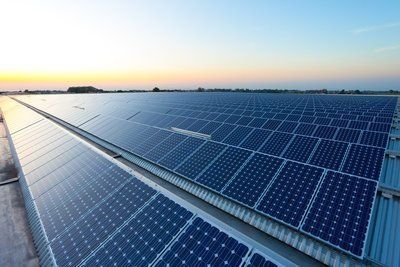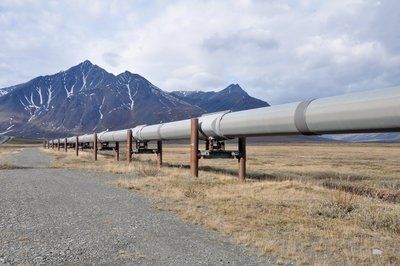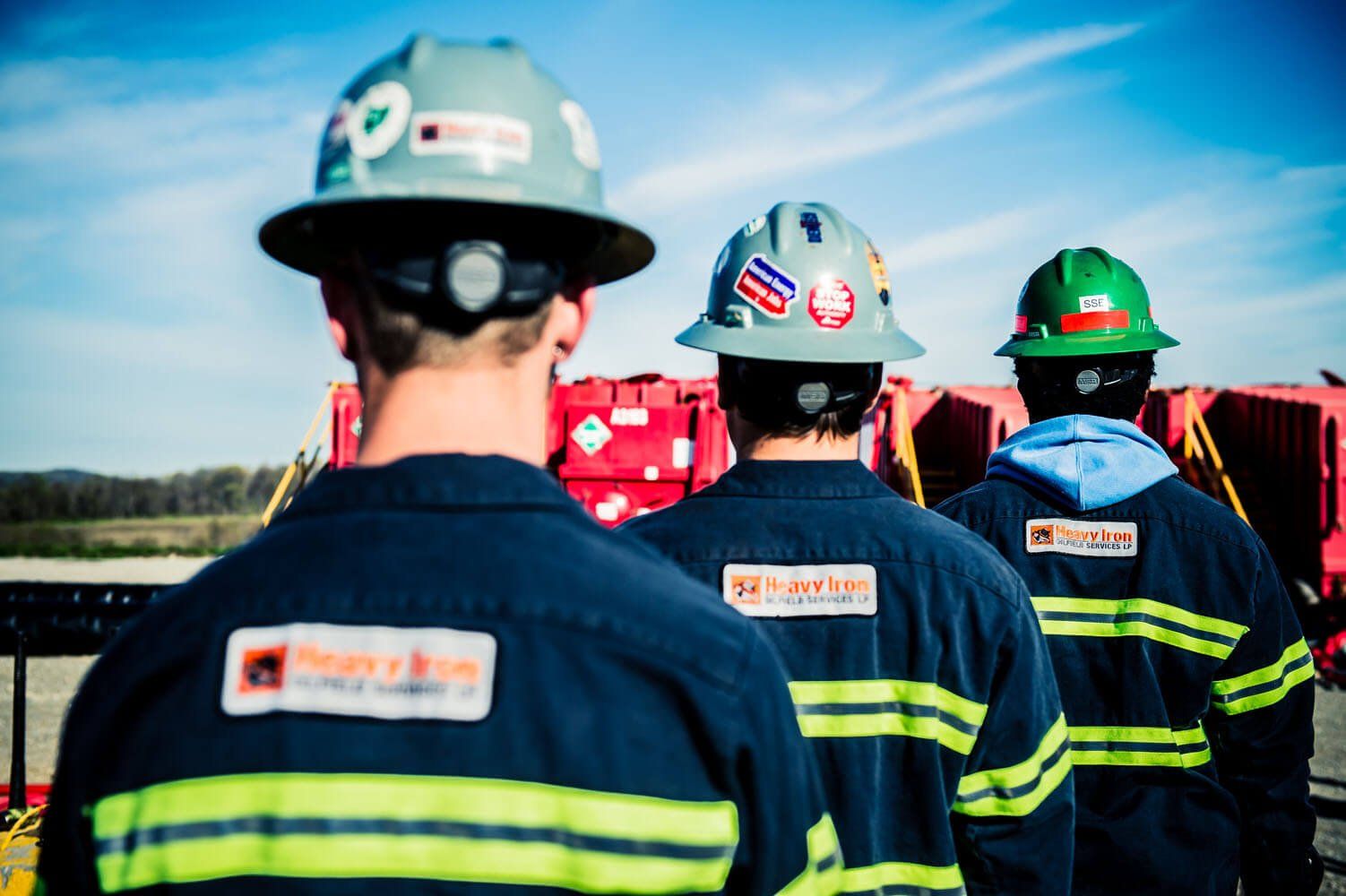HEAVY IRON NEWS
What Is An Oil Line Heater?

What is an oil line heater and why is it critical to the smooth operations of oil field equipment? Oil field equipment can become jammed through hydrate formation, which generally occurs more in colder temperatures. Oil line heaters will heat the line so that hydrates do not develop, thereby keeping operations moving swiftly. Oil line heaters are of particular importance in areas that have harsher weather.
THE DANGER OF HYDRATE FORMATION
Hydrates will form in high pressure, low temperature environments. They are extremely similar to ice, but are composed of a mix of gas and minerals that are found naturally within the oil line fluids. Hydrates can be dangerous because they can plug the lines, leading to a build up in pressure and reduced efficiency. Should the pressure build up too significantly, it could potentially lead to a line failure. There are very few ways to prevent against hydrates except for heating solutions and altering the fluid composition itself. Solid hydrate plugs often need to be either chemically or manually extracted, slowing down production and costing time.
HOW OIL LINE HEATERS FUNCTION
Oil line heaters reduce the chances of hydrate formation by pumping oil field liquids into the heater and then running them through heated coils. The now heated liquids are returned to the production environment, thereby vastly reducing the chances that they will experience a hydrate blockage. And hydrate blockages are not the only issue that can occur in oil field fluids. The fluids can also become more viscous due to waxes and other infiltrates, which condense and collect in colder temperatures. Warming these liquids will offer an improved flow, which will improve the efficiency of the machines.
CHOOSING AN OIL LINE HEATER
Oil line heaters generally come in two primary models: upstream and downstream. Upstream models are naturally capable of producing greater pressure, whereas downstream models have low pressure coils. A standard density oil line heater will usually have about 12 coils, whereas an ultra-high density heater will have 24 coils. The coils will indicate how much heating can be produced from the unit. Additional coils will also consume additional energy. For most applications a standard density oil line heater is sufficient. Many oil line heaters come with a warranty ranging from 12 months to 18 months, and they are usually extremely affordable compared to other oil field assets.
Oil line heaters are essential oil field equipment for any area that may have issues with hydrate plugs. They come in pre-assembled packages, are easy to set up, and will make sure that the process temperature of upstream and downstream equipment remains within acceptable parameters. For the cost of an oil line heater, oil and gas companies will be able to achieve increased efficiency and worry-free performance.
Subscribe to Email Updates
Recent Post





